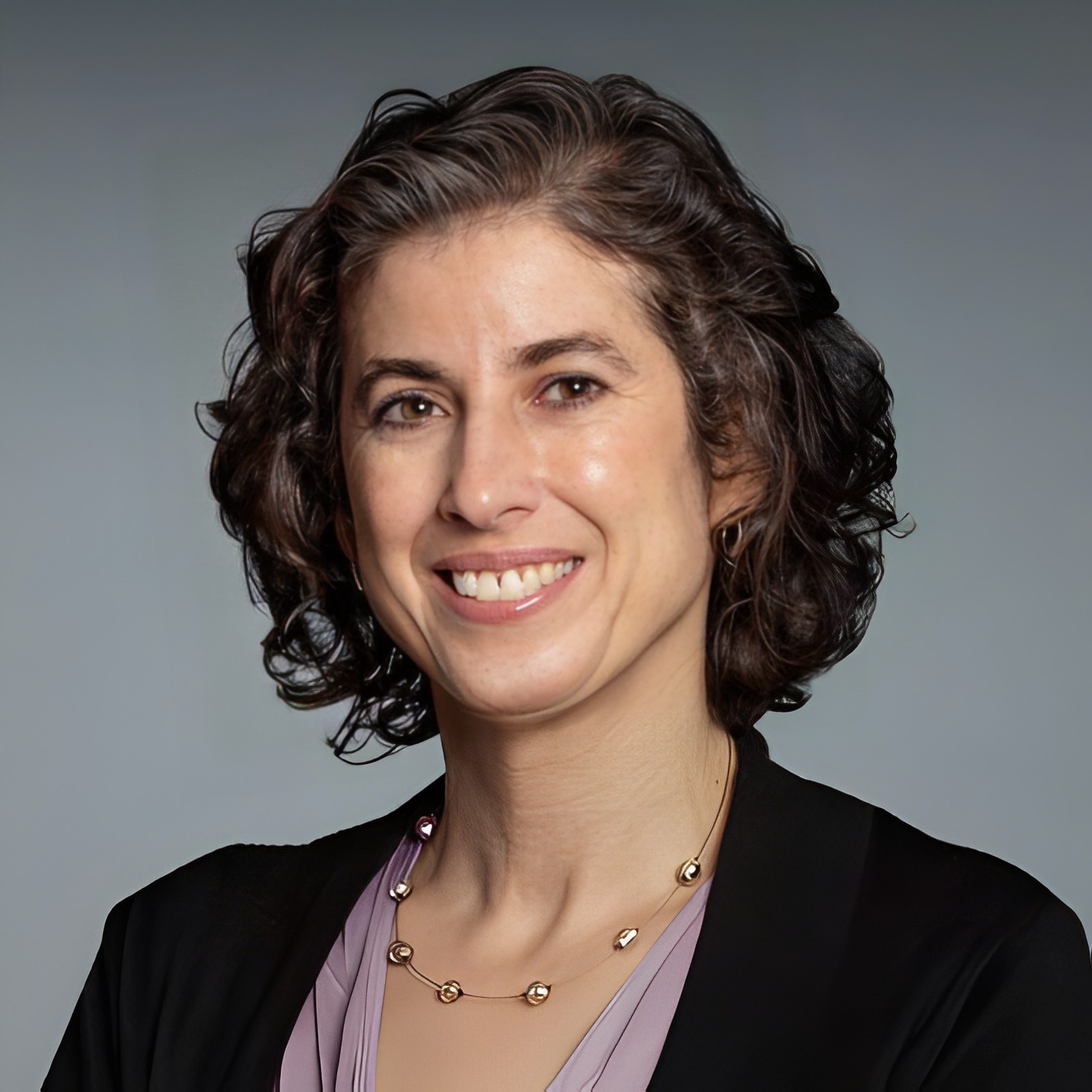The psychological impact on physicians: Ofri delves into the emotional toll that medical errors can have on physicians. She explores the shame, guilt, and fear experienced by doctors when errors occur. This highlights the need for a supportive and non-punitive environment within healthcare institutions, allowing physicians to openly discuss errors, learn from them, and improve patient care.
The importance of disclosure and apology: Ofri emphasizes the significance of honest communication and apology when medical errors occur. Openly acknowledging mistakes, apologizing to patients and their families, and providing emotional support can foster trust and help facilitate the healing process. This highlights the need for healthcare systems to prioritize transparent and empathetic communication with the patients.
The need for a culture of safety: Ofri emphasizes the importance of creating a culture of safety within healthcare institutions. This involves fostering an environment where healthcare professionals feel comfortable reporting errors, discussing near misses, and actively participating in quality improvement initiatives. Cultivating such a culture encourages learning, accountability, and continuous improvement in patient care.
Advocacy for patient safety: The book highlights the role of patients and their families as advocates for their own safety. Ofri encourages patients to be proactive, ask questions, seek second opinions, and actively participate in their healthcare decisions. Empowering patients with knowledge and encouraging them to be active partners in their care can help prevent errors and improve outcomes.
Overall, “When We Do Harm” tackles the complex issue of medical errors, examining their causes, consequences, and potential solutions. It emphasizes the need for open communication, a culture of safety, and a patient-centered approach to healthcare. By acknowledging and learning from mistakes, healthcare systems can work towards providing safer and more compassionate care.
